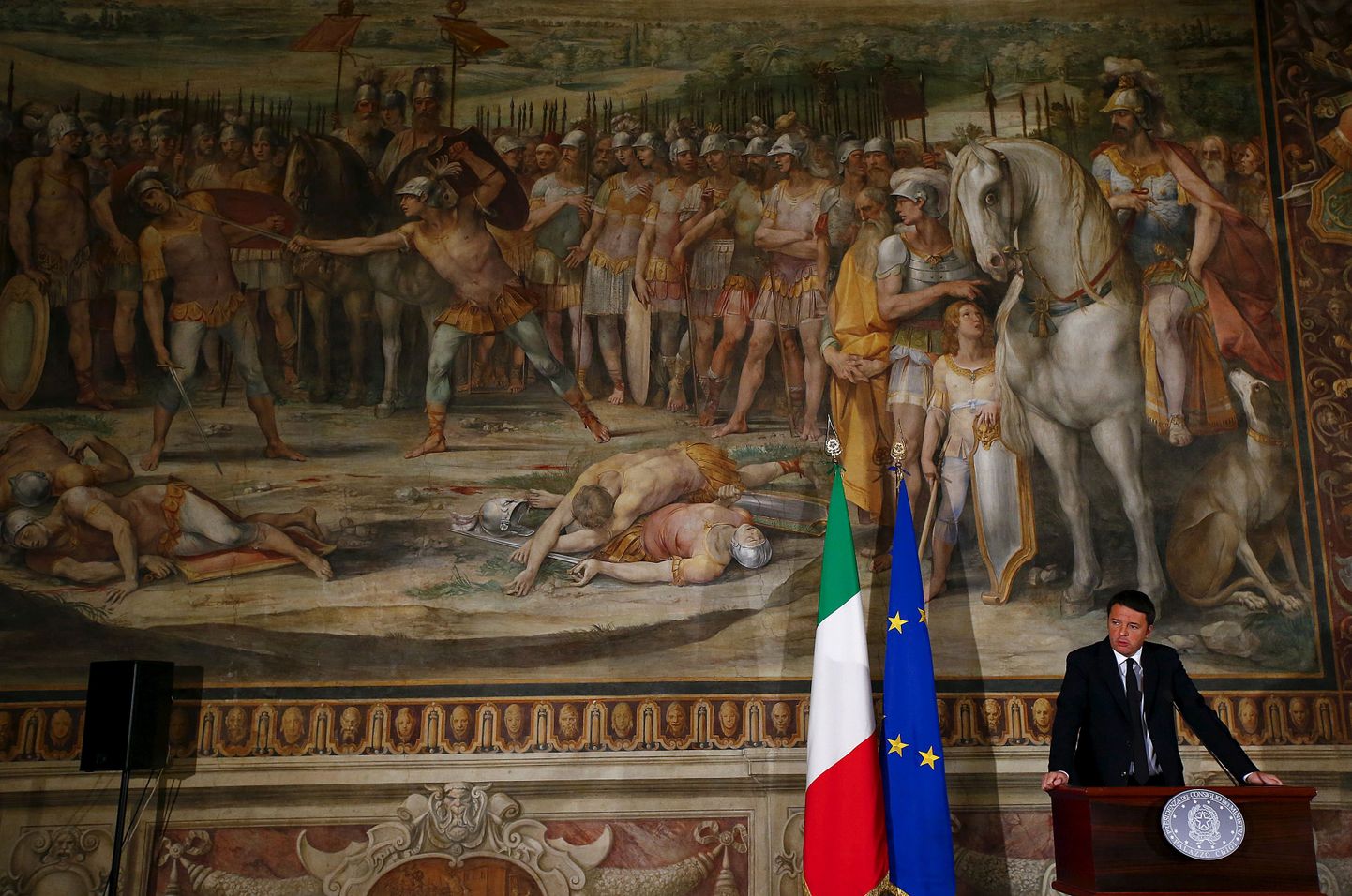In a few months, public financing of parties was abolished, a new electoral law was put on the table, and the job market was made more flexible and liberal, while a process of rationalization of public expenditures was set into motion, meeting most of the requests by international partners. In this sense, the constitutional reform package should be seen as part of a broader attempt to modernize the country and goes hand in hand with the economic, fiscal, and administrative reforms.
Despite ongoing criticism – both within and outside the Democratic Party – and frequent accusations of leaderism, the Renzi’s government seems to have partly regained international trust. If on the one hand, the government’s self-confidence has led to more assertive stances towards the European institutions in the direction of more budget flexibility, it has also made Italy’s voice in Europe stronger and increased Rome’s commitment to contribute to the development of an “ever closer Union”. In this sense, while a constitutional reform is by definition an instrument of domestic policy, its implications are likely to affect Italy’s role in Europe and its credibility as part of the new big-three group, with France and Germany, following the withdrawal of London.
While Italy’s constitutional reform is about introducing fundamental institutional changes and simplifying an over-complex and slow legislative system, the political profitability of a rejection is huge. In an environment of diminishing trust in elites, the temptation by the populist sectors of the opposition to seek political legitimacy through the referendum is tempting. This risk appears even more concrete following Renzi’s early attempt to personalize the vote by linking the future of the government to the success of the reform.
